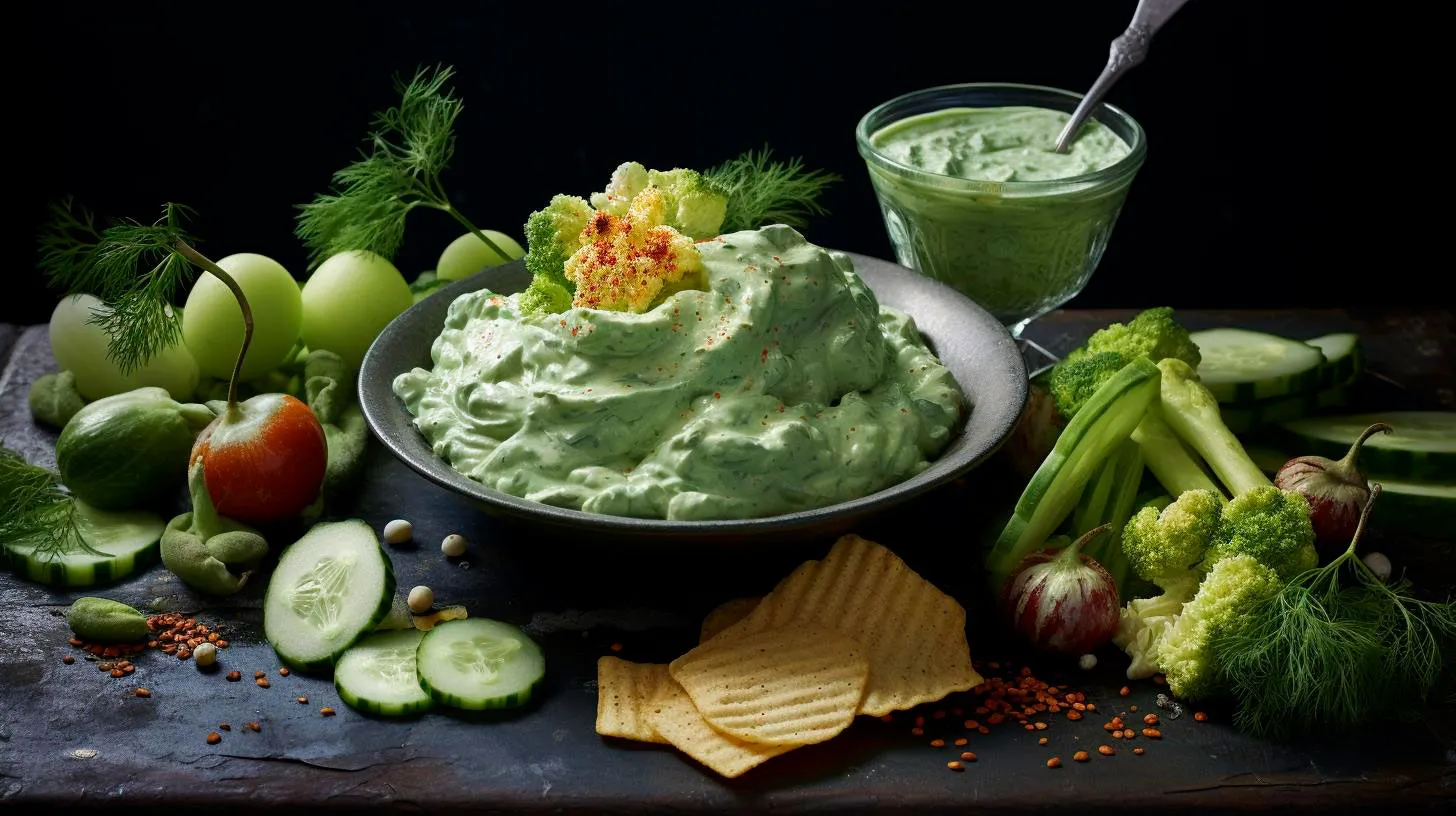Understanding Sustainable Seafood Certification and its Importance
In this article, we will explore the importance of sustainable seafood certification and how it benefits both the environment and consumers.
The Need for Sustainable Seafood Certification
The global demand for seafood is rising rapidly, with approximately 3 billion people dependent on fish as a primary source of protein. However, overfishing and destructive fishing methods have led to severe declines in fish populations and irreversible damage to marine habitats. To address these issues, sustainable seafood certification programs have been developed to encourage responsible fishing practices and support the recovery of depleted fish stocks.
Understanding the Certification Process
Sustainable seafood certification involves a comprehensive evaluation of fishing practices and their environmental impact. Certification bodies, such as the Marine Stewardship Council (MSC) and Aquaculture Stewardship Council (ASC), set strict standards that fisheries and aquaculture operations must meet to receive certification.
The certification process typically includes the following steps:
- Assessment of fishery or farm management practices
- Evaluation of the impact on fish populations and marine ecosystems
- Review of traceability systems to ensure transparency and prevent fraud
- Compliance with applicable laws and regulations
Once certified, seafood products can display labels indicating their sustainability status, providing consumers with valuable information about the origin and production methods of the seafood they are purchasing. These labels make it easier for individuals and businesses to make informed choices and support sustainable fisheries.
The Benefits of Sustainable Seafood Certification
1. Protecting Marine Ecosystems: By certifying fisheries and aquaculture operations, sustainable seafood certification helps protect marine habitats and preserve biodiversity. This ensures that future generations can continue to enjoy the benefits of healthy oceans.
2. Conserving Fish Populations: Overfishing has caused severe declines in fish populations worldwide. By promoting responsible fishing practices, sustainable seafood certification supports the recovery of depleted stocks and helps prevent further declines.
3. Ensuring Sustainability: Sustainable seafood certification encourages fisheries and aquaculture operations to adopt sustainable management strategies, such as reducing bycatch, protecting critical habitats, and implementing effective monitoring and enforcement measures.
4. Consumer Confidence: Certifications like the MSC and ASC provide reassurance to consumers that the seafood they are purchasing has been sourced responsibly. This empowers individuals to make environmentally conscious choices and support sustainable fisheries.
The Role of Consumers and Businesses
Consumers play a vital role in driving demand for sustainable seafood. By choosing certified seafood, individuals can directly contribute to the conservation of marine ecosystems and encourage more fisheries to adopt sustainable practices. Additionally, businesses can partner with sustainable seafood suppliers and incorporate certified products into their supply chains, demonstrating their commitment to environmental responsibility.
Key Takeaways
Sustainable seafood certification is a valuable tool in promoting responsible fishing practices and protecting marine ecosystems. By choosing certified seafood, consumers and businesses can support the recovery of fish populations and preserve biodiversity for future generations. The certifications provide a reliable way to identify sustainable seafood products and make informed purchasing decisions, ensuring that our oceans remain healthy and abundant.
Dive into the World of Sustainable Sushi: A Beginner’s Guide
In this beginner’s guide, we will explore the concept of sustainable sushi and how you can enjoy this delectable cuisine while promoting responsible consumption.
What is Sustainable Sushi?
Sustainable sushi refers to the practice of sourcing fish and other seafood in an environmentally responsible manner. It involves considering factors such as overfishing, bycatch, and the methods used to catch the seafood. By choosing sustainable options, we can support the long-term health of our oceans and make a positive impact on marine ecosystems.
The Key Ingredients:
- Responsibly sourced fish
- Organic vegetables
- Thoughtfully harvested seaweed
- Sustainably produced rice
Now that we understand the concept, let’s discover the benefits and implications of sustainable sushi.
The Advantages of Sustainable Sushi
1. Preserving Marine Biodiversity: By opting for sustainably sourced fish, we can help protect various marine species from overfishing and decline in population. This supports a balanced ecosystem and maintains biodiversity in our oceans.
2. Reducing Bycatch: Sustainable fishing practices prioritize minimizing bycatch, which refers to unintentionally catching non-target species. Choosing sustainably sourced seafood helps decrease the negative impact on marine life outside the intended catch.
3. Supporting Local Communities: Sustainable seafood practices often involve supporting local fishing communities, promoting fair trade and a more equitable distribution of economic benefits.
4. Health Benefits: Sustainable sushi is often fresher and of higher quality since it is sourced responsibly. It reduces the risk of consuming seafood contaminated with pollutants, ensuring you enjoy a healthier and safer meal.
Key Takeaways for Choosing Sustainable Sushi
- Research and Choose Responsibly: Before dining out or purchasing sushi ingredients, take the time to research sustainable seafood options in your area. Look for certifications such as Marine Stewardship Council (MSC) or Seafood Watch to ensure your choices support sustainable practices.
- Opt for Local and Seasonal: Choosing locally sourced fish decreases the carbon footprint associated with transportation and supports the local economy. Additionally, opting for seasonal seafood ensures better availability and reduces the pressure on specific species.
- Try Alternative Ingredients: Experiment with plant-based sushi rolls using organic veggies or explore the deliciousness of sustainably harvested seaweed. These alternatives offer exciting flavors while reducing the overall impact on our oceans.
- Engage in Conscious Consumption: Be aware of your sushi intake and consider moderation. Consuming sushi responsibly means choosing sustainable options, eating in moderation, and avoiding wastage.
According to a recent study, over 75% of global fish stocks are either fully exploited, overfished, or significantly depleted. By adopting sustainable sushi practices, we can do our part in reversing this alarming trend and ensure the longevity of our oceans for future generations to enjoy. So, the next time you indulge in this culinary delight, remember to make a sustainable choice.
It’s time to dive into the world of sustainable sushi and embark on a culinary journey that not only satisfies your taste buds but also contributes positively to the environment. Let the delectable flavors of responsibly sourced fish, organic vegetables, and sustainably produced rice tantalize your senses while knowing you’ve made a conscious decision to support the health of our oceans.
Exploring Sustainable Seafood Options to Enhance Your Sushi Experience
In this article, we will delve into the world of sustainable seafood and how it can enhance your sushi experience.
The Importance of Sustainable Seafood
Before we jump into the sustainable seafood options available for your sushi cravings, let’s understand why it matters to choose sustainable seafood. Here are some key reasons:
- Environmental Preservation: Opting for sustainable seafood ensures the preservation of marine ecosystems, minimizing the detrimental impact of overfishing and unsustainable harvesting practices.
- Supporting Responsible Fishing: Choosing sustainable seafood encourages fisheries to adopt responsible fishing practices, such as proper waste management, reducing bycatch, and protecting endangered species.
- Health Benefits: Sustainable seafood tends to be fresher and free from harmful contaminants, offering a healthier option for consumption.
Sustainable Seafood Options for Sushi
Now, let’s explore some sustainable seafood options that can take your sushi experience to the next level:
1. Wild Alaskan Salmon
Wild Alaskan Salmon is not only a delicious choice but also a sustainable one. With strict fishing regulations and monitoring systems in place, Alaskan salmon is a reliable option for sushi lovers. Some key advantages of choosing Wild Alaskan Salmon include:
- Rich in omega-3 fatty acids, which promote heart health
- Low mercury levels, minimizing the risk of contamination
- Distinct flavor and vibrant color
- Supporting sustainable fishing practices in Alaska
2. U.S. Farmed Rainbow Trout
U.S. farmed rainbow trout is another sustainable seafood option that works well in sushi. Produced in environmentally controlled systems, this seafood offers various benefits:
- Low environmental impact due to closed containment systems
- High in protein, vitamins, and minerals
- Consistent flavor and texture that complements sushi
- Supports local U.S. farmers and reduces reliance on imports
3. Pacific White Shrimp
Pacific white shrimp, also known as American shrimp, is a sustainable choice that can enhance your sushi experience. Some key takeaways about Pacific white shrimp include:
- Eco-friendly alternative to imported shrimp
- High protein content and low-fat levels
- Sweet flavor and firm texture
- Supporting local shrimp farmers, especially in the Gulf of Mexico
Make a Difference with Your Choices
By choosing sustainable seafood options for your sushi, you contribute to the conservation of marine ecosystems and support responsible fishing practices. Here are a few actions you can take to make a difference:
- Research and choose sushi restaurants that prioritize sustainable seafood sourcing.
- Ask your local grocery stores to stock sustainable seafood options.
- Stay informed about sustainable seafood through reliable sources and organizations.
- Spread awareness among friends and family about the importance of sustainable seafood choices.
Remember, every small step counts toward preserving our oceans and ensuring a sustainable future for sushi and seafood enthusiasts worldwide.



